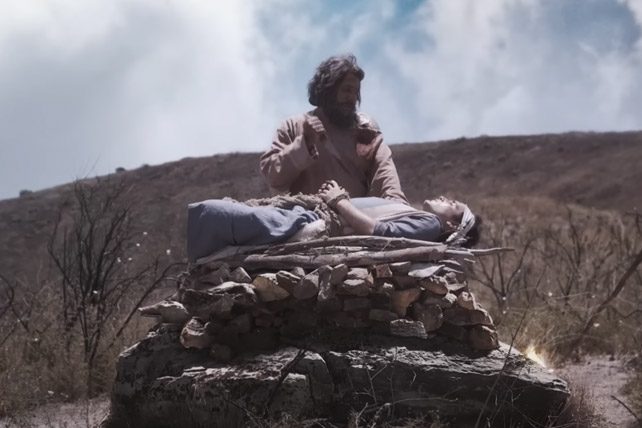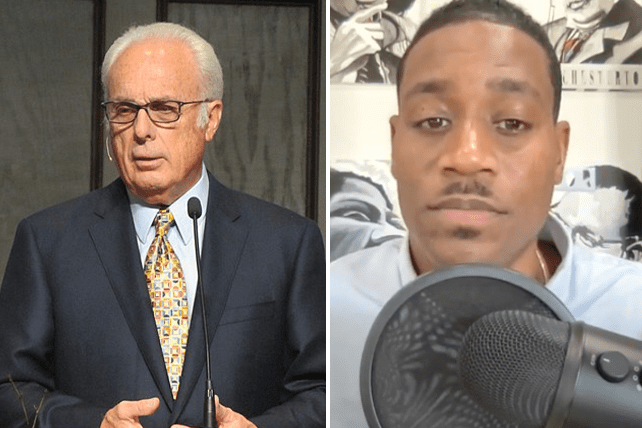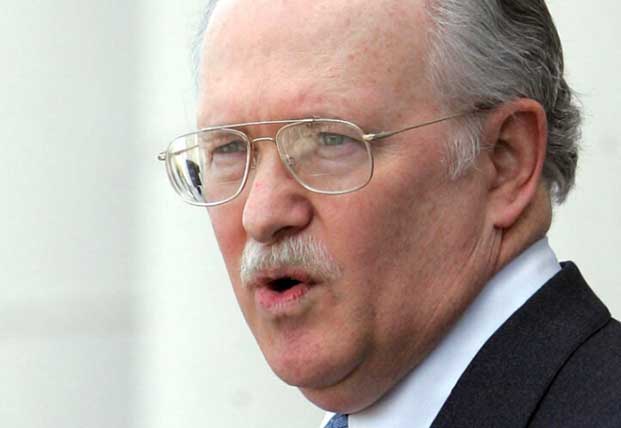(RNS) — The same day that Alabama Supreme Court Chief Justice Tom Parker issued his concurring opinion in a ruling that frozen embryos have legal standing as children, Johnny Enlow, a longtime pastor who runs a ministry called Restore7, posted an interview with Parker on its website. The two only vaguely allude to a case that Parker can’t discuss, spending most of their time bemoaning the fact that the U.S. government has gone “into the possession of others.”
Enlow, a 2020 election denier who for many years pastored churches in Georgia, is a proponent of the Seven Mountains Mandate, a theology that encourages Christians to strive to influence seven “mountains” of society — family, religion, education, media, entertainment, business and government. For most of his interview with Enlow, posted by liberal watchdog group Media Matters, Parker, who reportedly worships at a megachurch that broke away from the United Methodist Church to join the Free Methodist denomination in 2022, makes clear he ascribes to these ideas as well.
The state of U.S. leadership, Parker said, is “why (God) is calling and equipping people to step back into these mountains right now.”
RELATED: For Infertile Couples, the Fate of Frozen Embryos Is Deeply Personal
For those who have followed Parker’s activities off the bench in recent years, his opinion, filled with references to Scripture and a “theologically based view of the sanctity of life” and insisting that “human life cannot be wrongfully destroyed without incurring the wrath of a holy God,” came as little surprise. He has been forthright in several recent appearances about his strong conservative faith and the need for America to adhere to it.
Last year, Christian worship musician and anti-COVID-19-vaccine activist Sean Feucht, who has also said he only wants “believers” writing laws, celebrated Parker at an event outside the Alabama Statehouse. Bringing Parker onstage, Feucht declared his wish for God’s “kingdom to come to the Capitol in the state of Alabama.”
Taking the microphone, Parker identified himself as “a state official and head of one of the three branches of government” before leading the crowd in prayer, calling on God to “flood” the state with a “comprehensive awakening” that would be “so powerful that it will bring forth reformation in government that will affect the nation.”
Critics of Parker’s opinion in the in vitro fertilization case call its reasoning a flagrant violation of the separation of church and state, but it appears to match Parker’s personal theory of law, which emphasizes a specific interpretation and application of what is often called “natural law.” A well-known concept in many legal circles, the foundations of natural law can be traced to ancient thinkers such as Plato and Cicero, as well as early Christian theologian Augustine. Thomas Aquinas, the medieval Catholic philosopher (whom Parker quotes in his concurrence), also based much of his moral teachings on basic human desires, arguing for instance that since humans wanted to live, killing is wrong.
The idea also appeared in the writing of 18th-century English political philosophers and jurists, who espoused natural law as the basis for all government, which, they argued, derives political rights from human behavior. In the broad sense, natural law ideas influenced American founders — Thomas Jefferson’s appeal to “inalienable rights” in the Declaration of Independence owes something to natural law ideas — in the legal philosophies inherited from England.
RELATED: The Alabama Ruling on Embryos Claimed To Be Christian. Christians Aren’t so Sure.
But the idea has taken an ideological turn in recent years, when natural law has been invoked by American conservatives who see it as a way to refute certain kinds of legislation. Supreme Court Justices Amy Comey Barrett, Neil Gorsuch and Clarence Thomas have shown an affinity for natural law ideas, and in 2020 legal scholar Adrian Vermeule argued in an Atlantic magazine article that “principles of objective natural morality” should replace originalism as the guiding principle in conservative jurisprudence.
Parker, for his part, appears to forward a classic form of natural law — but with a modern twist that emanates from conservative forms of Christianity. Buried in the Alabama justice’s opinion are multiple references to William Blackstone, a conservative English jurist who lived around the time of the American Revolution. Still a recurring footnote in jurists’ opinions today, Blackstone was once a mainstay of a legal education. Answering a young lawyer’s letter about how to gain a knowledge of the law the year he was elected president, Abraham Lincoln responded, “Begin with Blackstone’s Commentaries.” (He added, “Work, work, work, is the main thing.”)
Parker seems to have taken Lincoln at his word. “You can’t spend a great length of time in Alabama Supreme Court Associate Justice Tom Parker’s chambers,” began a 2018 profile of Parker in the Montgomery Advertiser, “without him pointing out the books, copies of William Blackstone’s ‘Commentaries on the Laws of England’ scattered across his office.”
But Parker’s use of Blackstone is not what most constitutional scholars tend to emphasize. In a May 2022 podcast episode hosted by the Providence Forum, a group aiming to “preserve, defend and advance the Judeo-Christian values of our nation’s founding,” Parker quoted Blackstone to Jerry Newcombe, the group’s executive director, as believing that human reason is corrupt, and thus can be corrected by divine intervention or revelation, arguing that “the revealed or divine law” is to be found “only in the Holy Scripture.”
Parker also cited Blackstone’s writings on the “law of nature,” which is described as God’s will and “superior in obligation to any other.”
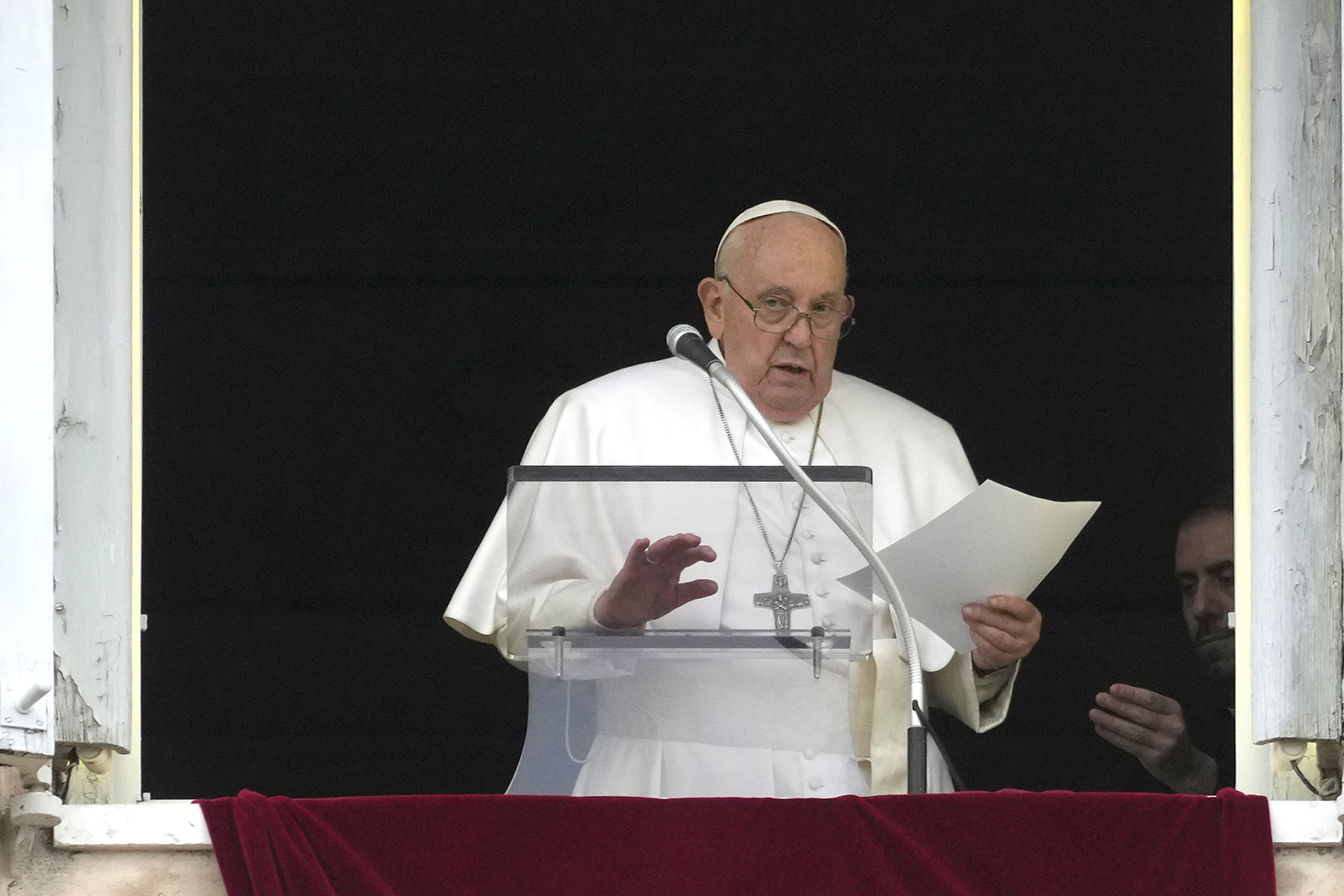







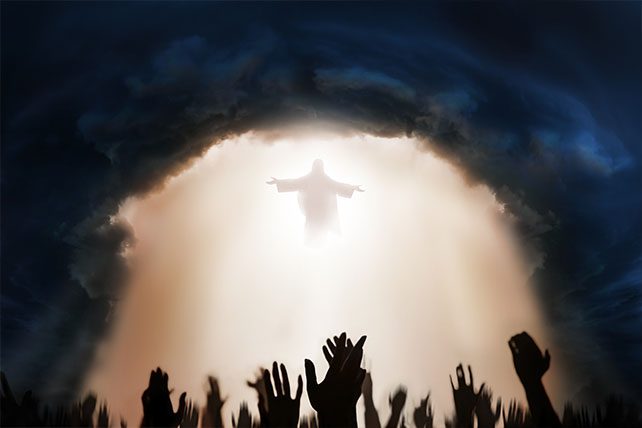




 . Jeremy camp—maybe one of the strongest guys I know.”
. Jeremy camp—maybe one of the strongest guys I know.”